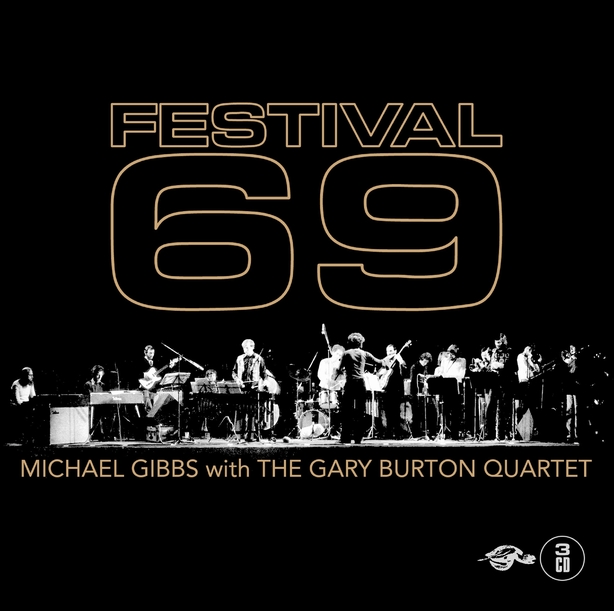Three live CDs of peerless Mike Gibbs tunes and arrangements featuring the legendary American vibes player Gary Burton (born Indiana, 1943) will be of particular interest to aficionados of British jazz.
The sound reproduction leaves a little to be desired at times throughout, but the spirit of commitment in these live performances is unquestionable. There is too that sense of remarkable joie de vivre that pervades the music, from Gibb’s popular composition, Tanglewood ’63 - all of 16 minutes 15 seconds - to the blues and swing exercises. They are the modes that characterise these archive recordings which thrive on a kind of enduring effervescence.
In the liner booklet, Belfast muso Colin Harper has written an extensive essay about Mike Gibbs’ trajectory in jazz. The story begins with the ace trombonist and arranger’s birth in 1937 in Rhodesia - present-day Zimbabwe - in 1935, followed later by the years of music study at Berklee College in the USA where, aside from the rigours of strict academia, he learned a few tips from the great JJ Johnson.
Then on to the BBC and his eventual steady base in England, performing with musicians like bassist Jack Bruce who features on disc three, recorded at Lancaster University. Gibbs became a much sought-after composer and arranger and there even was a stint in Dublin as music director of Jesus Christ Superstar in the early seventies. He wrote orchestral arrangements for the late Whitney Houston, scored the rather indulgent Stephen Poliakoff movie Close Your Eyes and he also wrote the score for Ken Russell’s Whore.

Festival 69 incorporates on the two remaining discs the Belfast Festival perfomance at the Whitla Hall. on November 20, 1969 at which these recordings were made.
"That year, aside from Gibbs and Burton, the citizens of Belfast, on the cusp of three decades of sectarian misery, including a 1970s characterised by very limited access to international touring artists, could enjoy Festival recitals by the likes of Julian Bream, Rolf Harris, Martin Carthy, Jon Hiseman’s Collosseum, John Lee Hooker & the Groundhogs and the Pentangle," writes Harper. It was indeed a mouth-watering list that even now makes one reflect just what the atmosphere at these gigs might have been like.
The featured Big Band has names that are now spoken of with particular reverence. Trumpeter Kenny Wheeler, saxophonist Alan Skidmore, and guitarist Chris Spedding are among the distinguished company. American bassist Steve Swallow is also part of the rich weave on a number of the exclusively Gary Burton Quartet tracks.
Colin Harper points out how the quiet-spoken Gibbs had almost unwittingly become an international touring star of jazz shortly before these recordings. Those who worked with him had assumed that the genially modest musician would remain a relatively low-key figure in jazz arranging and composition. It was not to be so and jazz lovers have benefited ever since.














